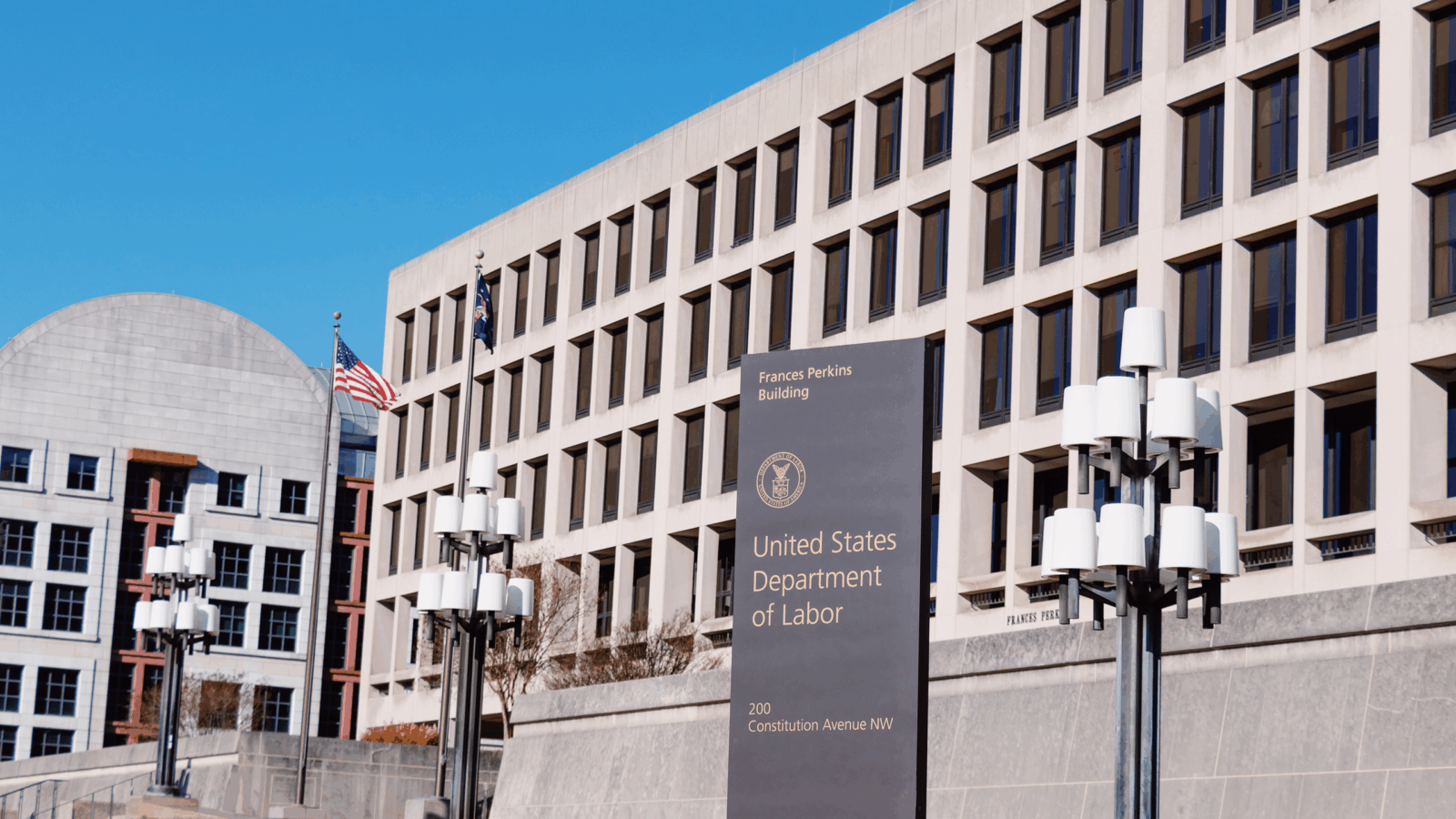
Sign up for smart news, insights, and analysis on the biggest financial stories of the day.
US workers are enjoying the drought — the labor drought, that is.
The jobs report on Friday showed the unemployment rate ticking up slightly to 3.8% in August, but still treading near half-century lows, as it has for the past year. And though wages only just surpassed overall inflation this summer, paychecks are just part of many compensation packages. Amid the recent intense hiring wars, US workers scored some pretty sweet perks and benefits.
The Perks of Being Empowered
Quiet quitting may still be a thing, but actual quitting — not so much. About 3.5 million people quit in July, according to the Labor Department, bringing the quit-to-overall-employment rate to 2.3%, its lowest since January 2021.
Meanwhile, 62% of workers told the Conference Board earlier this summer that they’re satisfied with their jobs — the highest figure since the 1980s. Companies are still trying to lure new hires, and existing workers are too happy to quit. Both phenomena might come down to perks:
- According to a Bloomberg study of ZipRecruiter data, one-quarter of job postings offered retirement assistance, up from 17% in 2020, while paid time off and health insurance saw similar gains — just don’t ask for Ozempic.
- Meanwhile, data from Handshake shows an entirely new perk emerging: student loan assistance, which is now offered in 3% of job openings — double the rate in 2019. That’s a big boon for new hires; over half of 2024 college graduates will carry student debt, and loan assistance has become especially prominent in extremely tight labor sectors, like healthcare.
Silicon Valley, which virtually invented the employee perk, has fallen behind. While techies are long accustomed to napping pods and staff masseuses, this year has marked the end of the mother of all perks: startup equity. From Q1 to Q2 of this year, the equity portion of startup compensation packages dropped more than cash salaries, to 1% from about 9%, according to data from Carta recently reported by Axios.
Stay a While: Outside of tech, layoffs have remained quite uncommon in 2023, with layoffs-as-share-of-employment at around 1%, as many employers fear they won’t be able to replace fired workers. That may be the biggest perk of all: peace of mind.











